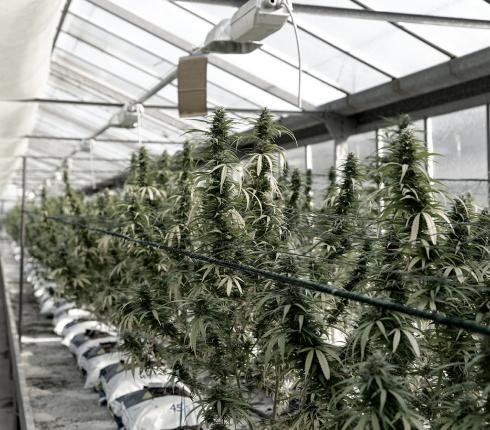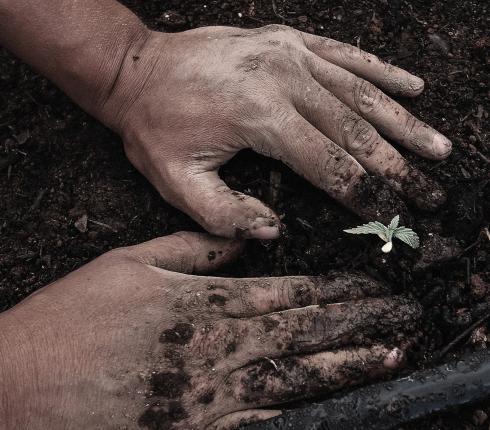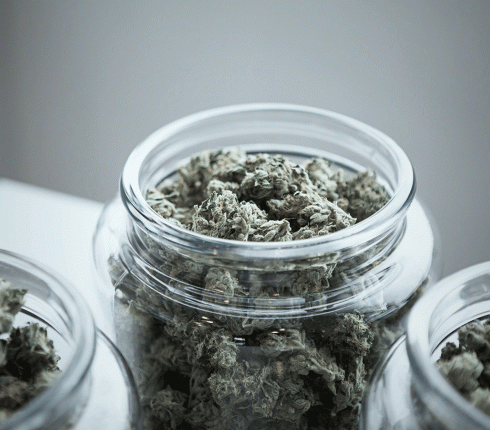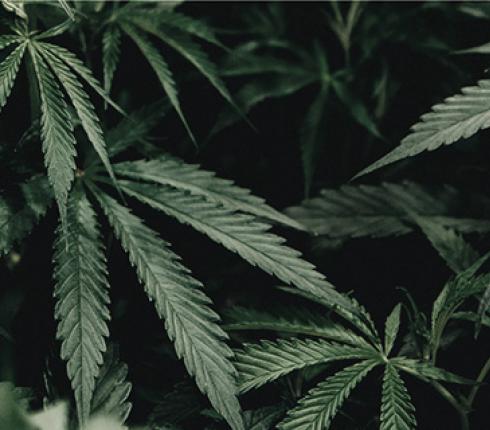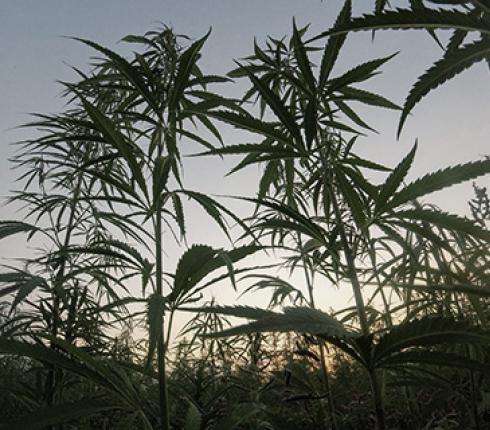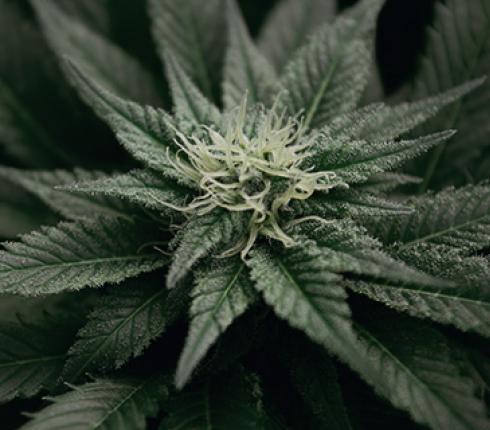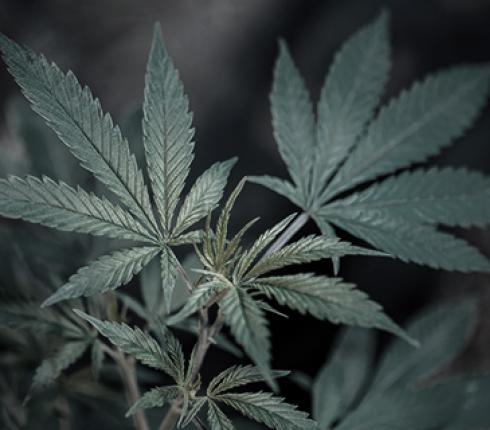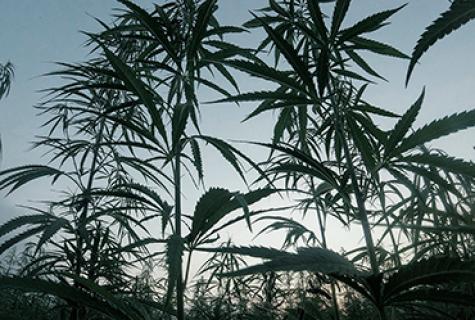More Medicinal Cannabis products
A more diversified selection of medical cannabis products is requested, and great possibilities for the industry seems to be the conclusion of a survey released this week. The medicinal cannabis pilot programme is nearly entering its fourth year in operation, and the Danish Ministry of Health has this week published an evaluation of the programme. Overall, the evaluation gives a green light for the continuation of the programme.

More products
Since the launch of the pilot programme, 7 products have been introduced to the market. These include three products from CanGross, 3 products from Stenocare, and one product from Aurora Nordic Cannabis. By 30 June 2020, there were 4 products available on prescription under the trial scheme.
Product | Product Form | Strength (THC + CBD) | Package size | Intermediate product manufacturer | Item number | On market | Disabled |
Bediol ”CannGros” | Herbal tea / inhalation vapor | 63 + 80 mg/g | 5 g | CannGros ApS | 686771 | 01-01-2018 |
|
”CannGros” | Herbal tea / inhalation vapor | 220 + <10 mg/g
| 5 g | CannGros ApS | 686770 | 01-01-2018 |
|
CBD DROPS "STENOCARE" | Oral solution
| <2+25 mg/ml | 40 ml | STENOCARE A/S | 686772 | 10-09-2018 | 23-09-2019 |
THC DROPS "STENOCARE" | Oral solution | 25+<2 mg/ml | 40 ml | STENOCARE A/S | 686774 | 10-09-2018 | 23-09-2019 |
1:1 DROPS "STENOCARE" | Oral solution | 12,5+12,5 mg/ml | 40 ml | STENOCARE A/S | 686773 | 10-09-2018 | 23-09-2019 |
Bedica ”Canngross” | Herbal tea / inhalation vapor | 140+10 mg/g | 5 g | CannGross ApS | 686775 | 22-10-2018 |
|
Sedemen ”Aurora Nordic Cannabis” | Capsules, soft | 5+0,2 mg | 100 stk | Aurora Nordic Cannabis A/S
| 686776 686777 | 24-02-2020 01-06-2020 | 18-05-2020 |
* The products from Stenocare were available on prescription until they were deactivated on 23 September 2019. Before the deactivation, the products were quarantined at the wholesalers from 11 July 2019.
Room for more licenses
The Danish approach can be described as a hybrid production model where the production is authorised for a dual purpose: supplying domestic patients and driving economic growth through commercial exports. On the European level, this hybrid model is rather unique as only the Netherlands has introduced a somewhat comparable production model.
The key difference between the two is that in the Netherlands the scheme is run by a statecontrolled monopoly, where only a single company has been licensed to grow medical cannabis. The Dutch Office of Medicinal Cannabis is the central actor purchasing all cannabis produced by this single cultivator and further facilitating the distribution and export. As a comparison, the Canadian model allows a large number of companies being licensed to cultivate, and there are no limits on the number of permits being issued. This also applies in Denmark and Israel.
The Danish model does not place a cap on production volume, nor does it limit the number of licensed producers. These factors have played a major role in why several international companies have decided to establish themselves in Denmark to develop their products and establish an expert hub for the European regime.
Recommendations
It is expected that the total turnover with reference to medical cannabis will reach 7.2 billion euros in Europe by 2023. The majority of Danish producers expect to export more than 80% of their products. From the Danish point of view, a special focus is on the German market. This is natural and based on the fact that Germany remains the most important market outside of North America and by far the largest market for medicinal cannabis in Europe.
The industry, as well as the patient associations, support the continuation of the program. Given that the programme is still in its start-up phase, more time will be needed for more doctors and patients to become familiar with the framework and its possibilities.
The Ministry of Industry, Business and Financial Affairs has declared, that making the scheme permanent will by itself stimulate the future Danish production and export. The Invest in Denmark organisation has supported this and assessed, that an extension or making the scheme permanent will bring benefits to the Danish market and strengthen the financial possibilities. Similar signals have been received from the Danish Agricultural Agency.
The pilot programme ends on 1 January 2022
The evaluation was generally positive towards the pilot programme, and the programme will likely either be extended or made permanent. Magnus Heunicke, the Danish Minister of Health, has stated that the parliamentary parties will begin the negotiations as regards the future at the beginning of the year 2021. It remains to be seen, which model will be chosen.
NJORD will continue to monitor developments and publish updates as news occur.

